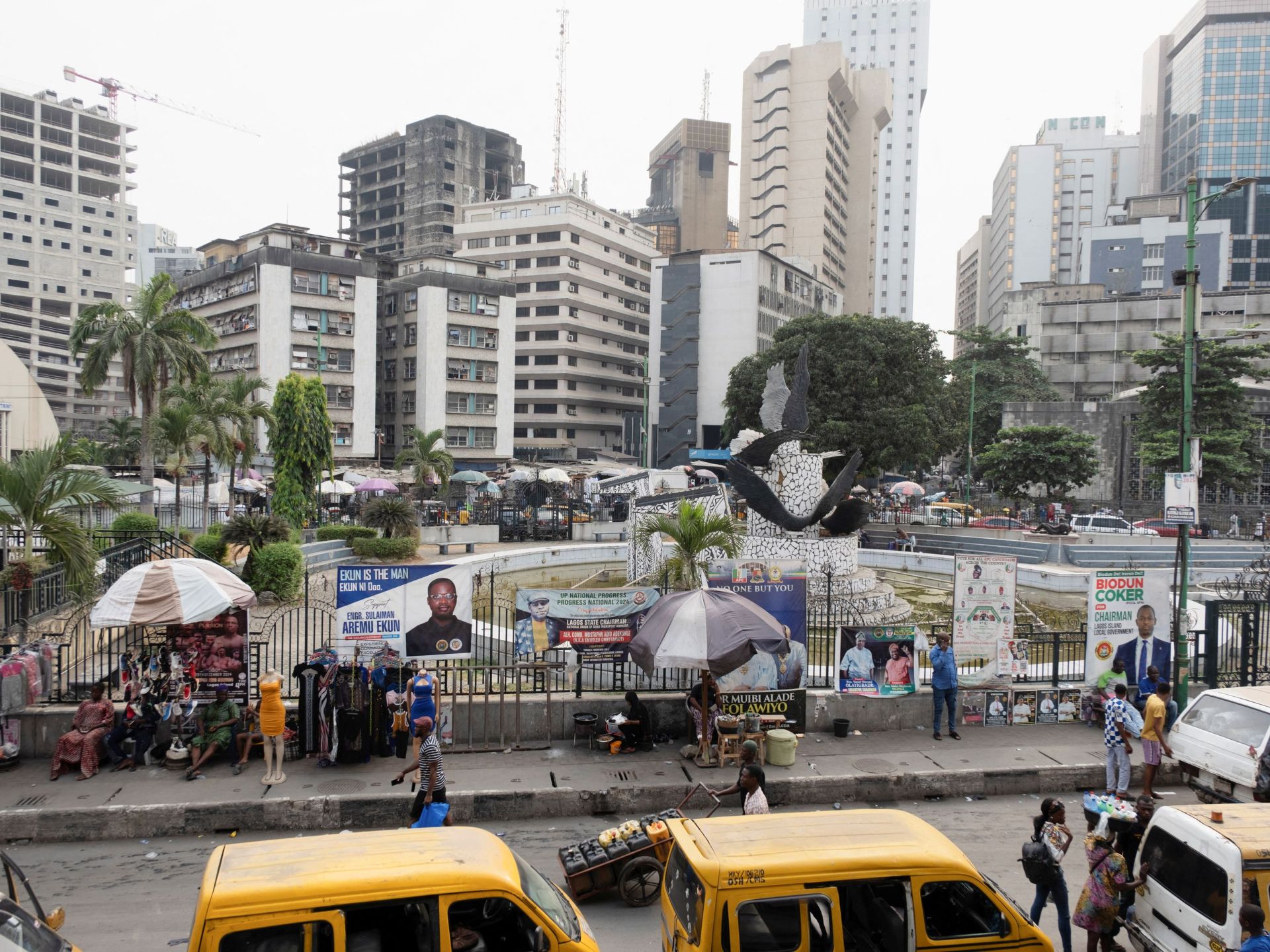Recent economic data released by Nigeria’s National Bureau of Statistics indicates that the consumer inflation rate decreased in May to 22.97%, marking the second consecutive drop this year. Last year, the country, which is rich in oil and gas resources, experienced its highest inflation rate in 68 years at 34.80%. In May, food price inflation, the main driver of overall inflation, stood at 21.14%, slightly down from 21.26% in April.
Nigeria’s central bank decided to keep the benchmark interest rate unchanged for the second time this year during its May meeting. Since taking office in 2023, President Bola Tinubu has implemented reforms to tackle inflation, including removing fuel subsidies and devaluing the local currency.
In late April, Moody’s credit rating agency praised Nigeria’s economic performance, noting that significant reforms in foreign exchange management have improved the balance of payments and increased the central bank’s foreign currency reserves. The agency highlighted that inflation risks, previously driven by political shifts, have declined, and domestic borrowing costs are showing early signs of reduction, boosting confidence in the new policies.
Earlier this year, the World Bank noted that reforms in the foreign exchange market have established a unified and stable exchange rate that reflects economic realities, allowing the central bank to rebuild its official reserves, which now exceed $37 billion.
— new from (الجزيرة نت)
